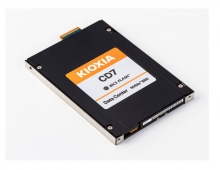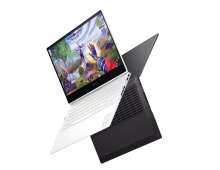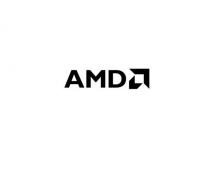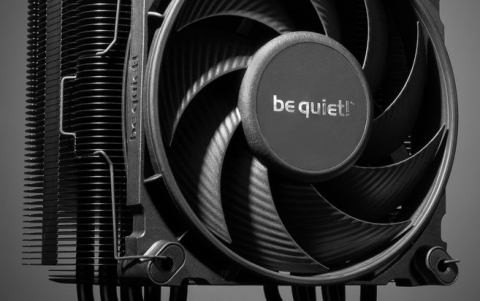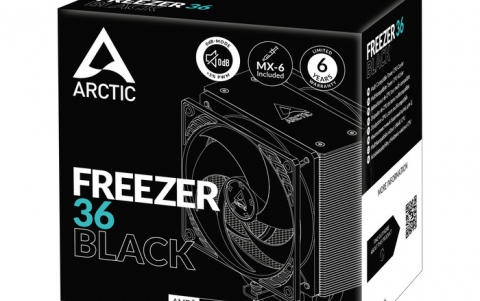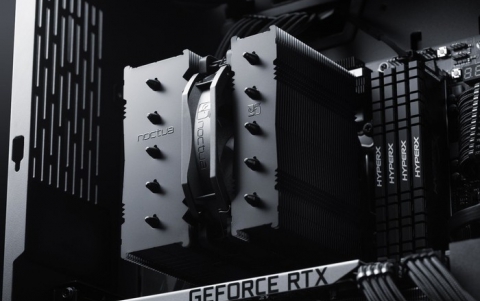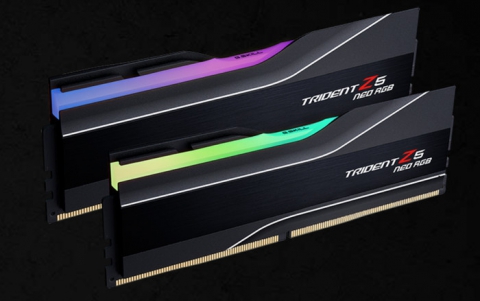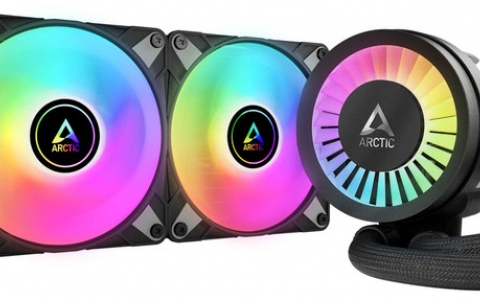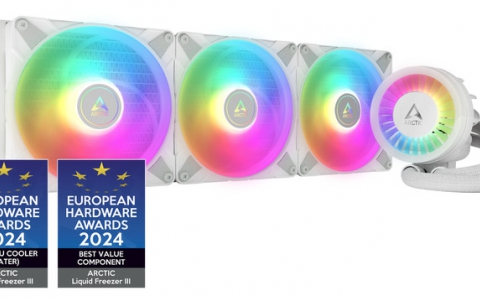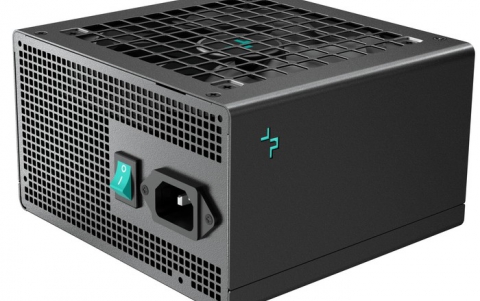
Hewlett-Packard Quits Smartphone and Tablet Businesses, Spins Off Its PC Business
Hewlett-Packard, one of the world's largest technology companies, is ditching most of its consumer businesses to become more like corporate-focused rivals IBM and Oracle.
HP will no longer make smartphones and tablet computers and wants to leave the PC business. As part of the company's transformation plan, HP announced that its board of directors has authorized the exploration of strategic alternatives for the company's Personal Systems Group. HP will consider other options that may include, among others, a full or partial separation of PSG from HP through a spin-off or other transaction.
HP will also discontinue operations for webOS devices, specifically the TouchPad and webOS phones. The company claims that the devices have not met internal milestones and financial targets. However, HP will continue to explore options to optimize the value of webOS software going forward.
In addition, HP announced the terms of a recommended transaction for all of the outstanding shares of Autonomy Corporation plc for £25.50 ($42.11) per share in cash. Autonomy's software powers a full spectrum of mission-critical enterprise applications, including pan-enterprise search, customer interaction solutions, information governance, end-to-end eDiscovery, records management, archiving, business process management, web content management, web optimization, rich media management and video and audio analysis. "The addition of Autonomy will accelerate HP's ability to deliver on its strategy to offer cloud-based solutions and software that best addresses the changing needs of businesses," HP said.
"We're focused on improving performance across the business," said L?o Apotheker, HP president and chief executive officer. "HP is taking bold, transformative steps to position the company as a leader in the evolving information economy. Today's announced plan will allow HP to drive creation of long-term shareholder value through a focus on fewer fronts, thereby improving its ability to execute, invest in innovation and drive a higher-margin business mix."
HP's stock plunged 20 percent on Friday, a day after the restructuring announcement. That's asignal that investors are doubtful about HP's ability to thrive without businesses that have helped set it apart from rivals. Even though the PC division that HP wants to sell or spin off is the company's least profitable, it accounts for nearly a third of revenue.
HP will also discontinue operations for webOS devices, specifically the TouchPad and webOS phones. The company claims that the devices have not met internal milestones and financial targets. However, HP will continue to explore options to optimize the value of webOS software going forward.
In addition, HP announced the terms of a recommended transaction for all of the outstanding shares of Autonomy Corporation plc for £25.50 ($42.11) per share in cash. Autonomy's software powers a full spectrum of mission-critical enterprise applications, including pan-enterprise search, customer interaction solutions, information governance, end-to-end eDiscovery, records management, archiving, business process management, web content management, web optimization, rich media management and video and audio analysis. "The addition of Autonomy will accelerate HP's ability to deliver on its strategy to offer cloud-based solutions and software that best addresses the changing needs of businesses," HP said.
"We're focused on improving performance across the business," said L?o Apotheker, HP president and chief executive officer. "HP is taking bold, transformative steps to position the company as a leader in the evolving information economy. Today's announced plan will allow HP to drive creation of long-term shareholder value through a focus on fewer fronts, thereby improving its ability to execute, invest in innovation and drive a higher-margin business mix."
HP's stock plunged 20 percent on Friday, a day after the restructuring announcement. That's asignal that investors are doubtful about HP's ability to thrive without businesses that have helped set it apart from rivals. Even though the PC division that HP wants to sell or spin off is the company's least profitable, it accounts for nearly a third of revenue.




